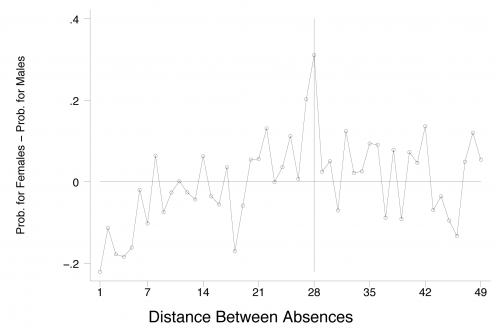I know how to convert creationists back to reason: I’ll just show them this video. It’s Harun Yahya and his harem of dolled-up acolytes letting loose by “dancing” Gangnam style. Well, they don’t actually get out of their chairs. And they all look very uncomfortable with it.
I’m no dancer myself, but that was a remarkably joyless spectacle.








